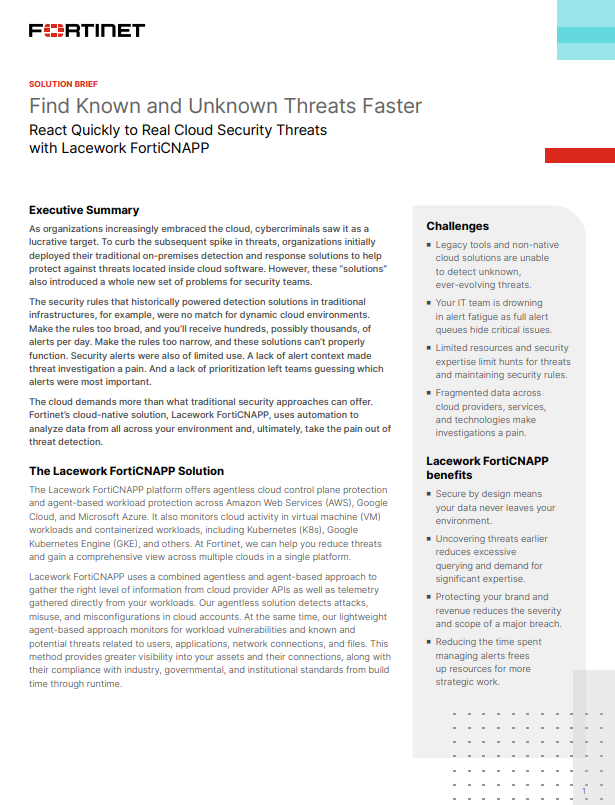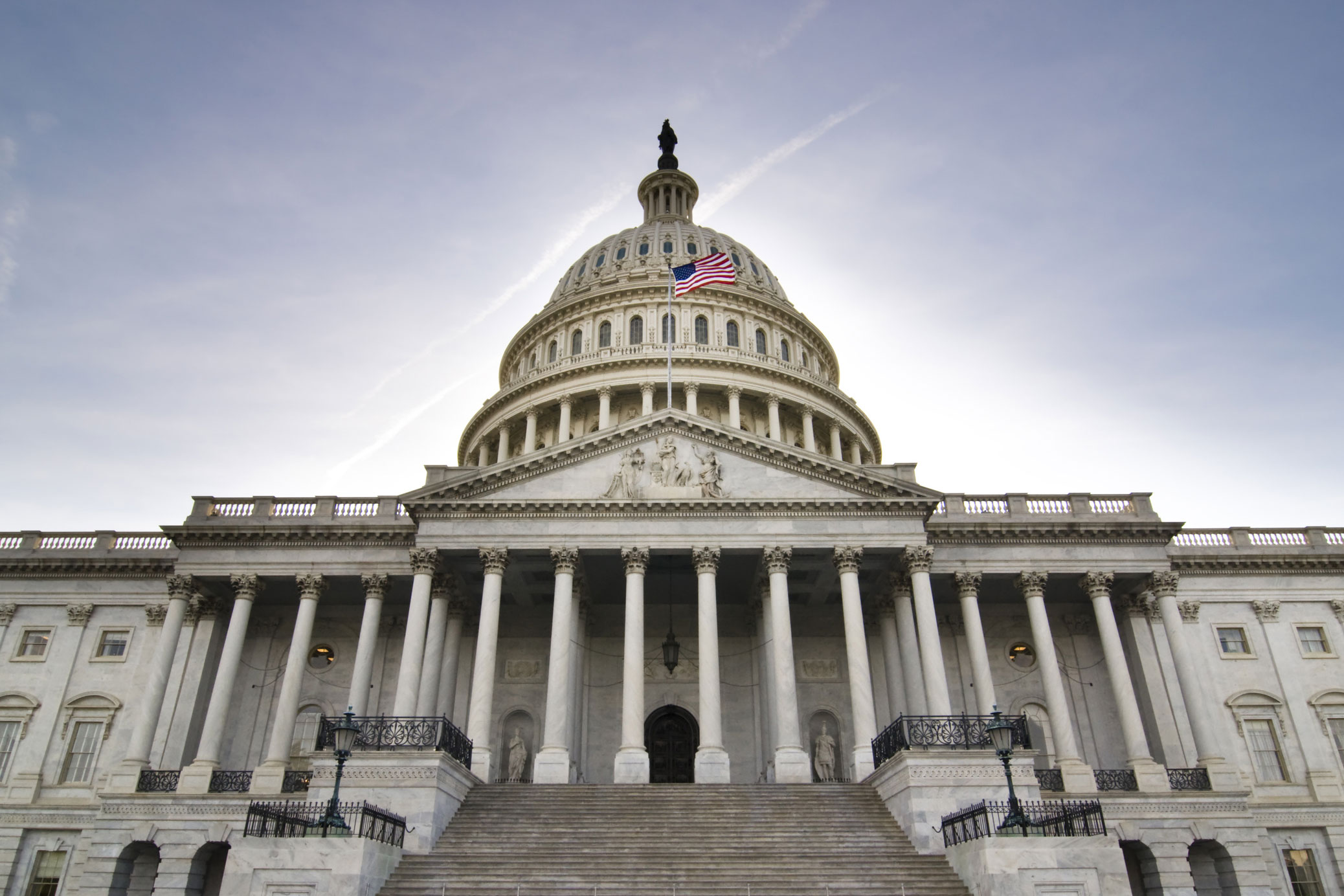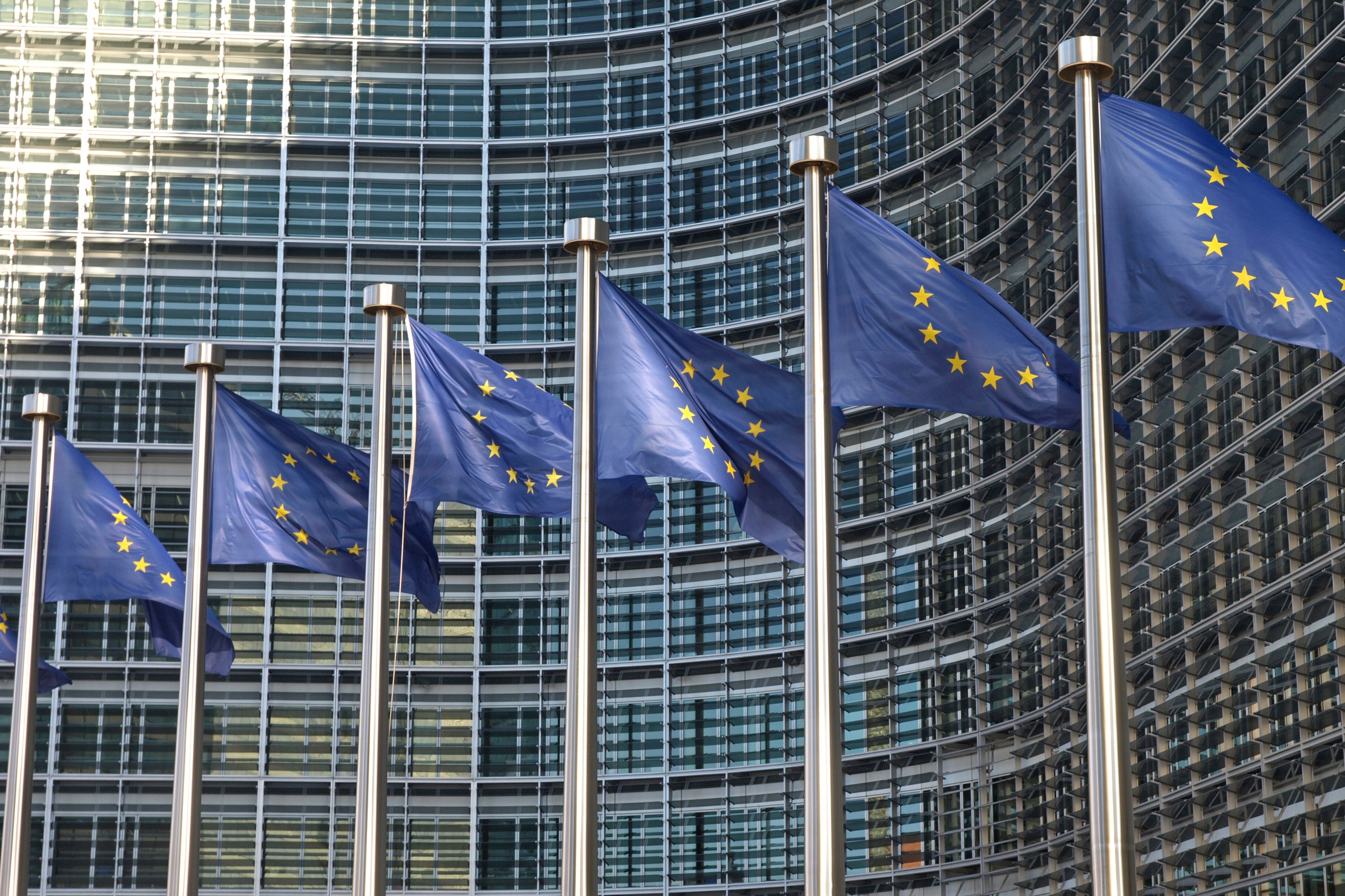Privacy Shield should be suspended, say MEPs
Committee cites Cambridge Analytica scandal and CLOUD Act as obstacles
Privacy Shield, the agreement underpinning data transfers from Europe to America, must be suspended if the US does not fully meet its obligations come 1 September, MEPs voted last night.
The Civil Liberties (Libe) Committee's decision isn't binding, but puts pressure on the European Commission to ensure the data-transfer arrangement is being honoured by US authorities.
Drawn up to replace the abandoned Safe Harbor agreement in 2016 after that deal was brought down by a legal challenge, Privacy Shield now faces obstacles of its own.
Designed to extend EU-like data protection to European residents' data transferred to the US, now the Libe Committee believes the new agreement fails to provide that protection as well.
"While progress has been made to improve on the Safe Harbor agreement, the Privacy Shield in its current form does not provide the adequate level of protection required by EU data protection law and the EU Charter," said Libe Committee member Claude Moraes.
"It is therefore up to the US authorities to effectively follow the terms of the agreement and for the Commission to take measures to ensure that it will fully comply with the GDPR."
MEPs raised their concerns following the Cambridge Analytica scandal affecting Facebook, about which the social network's CEO, Mark Zuckerberg, gave evidence to the European Parliament recently.
Get the ITPro daily newsletter
Sign up today and you will receive a free copy of our Future Focus 2025 report - the leading guidance on AI, cybersecurity and other IT challenges as per 700+ senior executives
While the incident pre-dates Privacy Shield, it was concerned about US authorities' ability to monitor US firms' compliance with the agreement, given both Cambridge Analytica's affiliate company, SCL Elections, and Facebook are both still listed on Privacy Shield.
SCL Elections still listed on Privacy Shield
MEPs also said they're concerned about a new US law called the CLOUD Act, which gives US authorities the right to access data stored in foreign locations, as long as the organisation storing it is American.
The Libe Committee said this could clash with EU law on data protection.
Picture: Bigstock
-
 Neural interfaces promise to make all tech accessible – it’s not that simple
Neural interfaces promise to make all tech accessible – it’s not that simpleColumn Better consideration of ethics and practical implementation are needed if disabled people are to benefit from neural interfaces
By John Loeppky
-
 Solution Brief: Find Known and Unknown Threats Faster
Solution Brief: Find Known and Unknown Threats FasterDownload Now
By ITPro
-
 What is EU-US Privacy Shield?
What is EU-US Privacy Shield?In-depth A look at the now invalidated framework US companies relied on to transfer data to and from the European Union
By Dale Walker
-
 Safe Harbour replaced with EU-US Privacy Shield
Safe Harbour replaced with EU-US Privacy ShieldNews The new agreement may take effect from July if both parties agree on its directions
By Clare Hopping
-
 European data protection supervisor says Privacy Shield not robust enough
European data protection supervisor says Privacy Shield not robust enoughNews Giovanni Buttarelli said the European Commission needs to develop a longer-term solution for sharing data across continents
By Joe Curtis
-
 Has the US forced Reddit to secretly hand over user data?
Has the US forced Reddit to secretly hand over user data?News Disappearance of "warrant canary" seen as tacit admission of government data request
By Joe Curtis
-
 Privacy Shield hammers another nail in the coffin of data protection
Privacy Shield hammers another nail in the coffin of data protectionOpinion Safe Harbour’s replacement is based entirely on trust - what a big mistake
By Davey Winder
-
 EU throws US data transfers into doubt – again
EU throws US data transfers into doubt – againIn-depth Europe’s data watchdog refuses to extend Safe Harbour grace period
By Joe Curtis
-
 Will the new Safe Harbour deal really protect your data?
Will the new Safe Harbour deal really protect your data?Analysis Businesses and campaigners react to Privacy Shield, the new EU-US data transfer agreement
By Joe Curtis
-
 Firms will suffer if new Safe Harbour deal fails, Obama warned
Firms will suffer if new Safe Harbour deal fails, Obama warnedNews Trade groups warn Obama and Juncker over consequences if no new data pact is agreed
By Clare Hopping